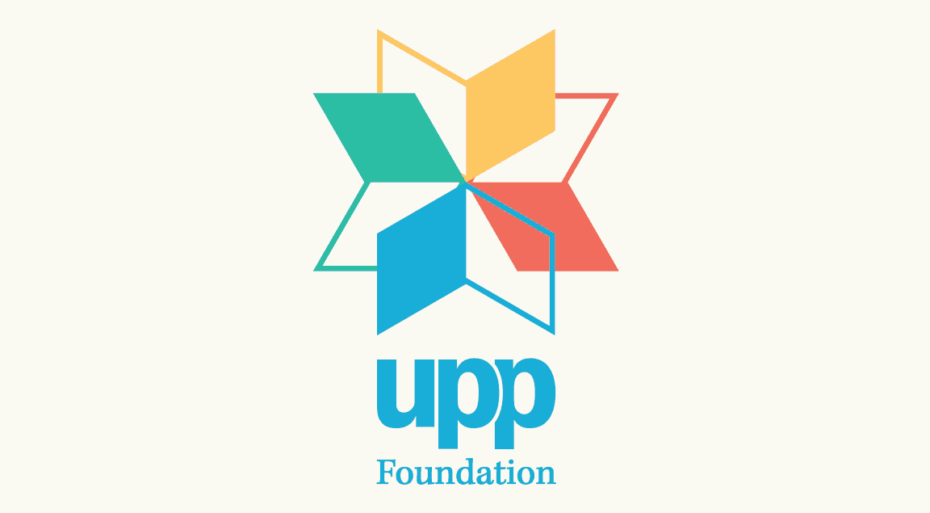In our final episode of the season we review academic year 17-18.
Featuring Nicky Old, Director of Communications and External Relations at Universities UK, Richard Brabner, Head of the UPP Foundation and Mark Leach, Editor and Founder of Wonkhe. We’ll be back in the Autumn.
September
Speculation over fees and USS pensions were in the news for much of the autumn, but the first big policy announcement of the academic year came early on in September, when Higher Education minister Jo Johnson announced to a surprised Universities UK conference changes to the TEF that would halve the value of NSS in the assessment, as well as introducing new supplementary metrics that would look at grade inflation and graduate salaries (via “longitudinal education outcomes” data).
These narratives played out throughout the year, with LEO data further remixed by IfS and by the minister into an app competition; grade inflation becoming the subject of a controversial Reform report and 2018’s NSS results suggesting that there may have been some partisan lobbying from parts of the sector on the weighting change. TEF’s general impact remains a open question- UUK research suggested it was raising the profile of teaching and learning within institutions, but UCAS research in January suggested that less than 1 in 5 home applicants were even aware of it. And subject-level TEF remains a hot topic.
October
The results of the UCU ballot on industrial action over USS were announced in October, and the long-awaited publication of the Office for Students regulatory framework consultation provided plenty of work. But after weeks of cabinet infighting over undergraduate fees, the major story of the month was Theresa May’s three bullet party conference announcement– that the graduate repayment threshold would rise to £25k (a key benefit for the incomes of struggling twentysomethings), a freezing of the headline fee level and a “major review” of the tertiary funding system – later announced as the “Post-18” review. The latter was seen as a major – if insanely expensive – victory for No.10 over a minister and department that was publicly resistant to opening the pandora’s box, and has arguably kept fees (which had become a key election issue thanks to Labour’s proposals) off the front pages- at least for the time being.
October also saw the publication of an sector circular FOI from back bench brexiteer Chris Heaton-Harris, asking for details on curriculum (and names of teachers) in relation to Europe. The sector’s social media’s response was variously characterised by outrage and derision – and we never did hear anymore about the book that Jo Johnson insisted Chris was writing – but with Heaton-Harris now a junior minister at the Department for Exiting the European Union, the long term fear is that the whole of HE is being regarded as a part of a remoaning liberal elite.
November
As the winter begun, the Sutton Trust recommended contextualised admissions, a Scottish report recommended a Wales-esque £8,000 minimum income for every student and the sale of the student loan book swung into gear. But perhaps the most eye-catching development of the month was the Advertising Standards Authority’s intervention on “comparative claims” in University advertising. Naming and shaming six examples of what it viewed as sharp practice, it mirrored earlier action from the Competition and Markets authority by using case studies to establish a foothold in an increasingly complex regulatory environment for the HE market.
The month also saw the publication of the government’s much heralded industrial strategy. It was viewed as a relative damp squib at the time, but the sector’s role in it likely to become much more of a focus when the pressure is on for the country to rally around and rebuild the economy post-brexit.
January
After December’s confusing report from the National Audit Office on value for money, and a Christmas Day and New year’s day double punch of freedom of speech and Toby Young, we returned to work in January to find a new minister in post. Sam Gyimah– self styled “minister for students” in the “age of the student”- set about touring University campuses to rebuild confidence in the conservatives, and has also taken his science brief to heart.
When it comes to the sector his interventions have tended to rankle a suspicious sector- his views on freedom of speech, “in loco-parentis”, grade inflation, VC pay and unconditional offers have all played well in the press, but position the minister (and what he might regard as his new regulator) in opposition to sharp sector practice in the interests of students- when many argue that the marketisation of the sector that his party has accelerated to be the cause of the problems he highlights.
February
The treasury committee’s report on student loans caused a minor stir in February, and the formal launch of the post-18 funding review provided a fresh opportunity for the government to be seen to be acting on student concerns. But it was Jacob Rees-Mogg’s appearance at the University of the West of England that captured much of the commentariat’s attention, and as a single story encapsulated all of the angles of the ongoing moral panic over freedom of speech. Rees-Mogg’s appearance had been disrupted by masked hecklers, and he had resolved to tackle this directly by getting involved in a scuffle. For some this was redolent of what they viewed as higher education’s intolerance toward right wing voices on campus- for others a great example of why the narrative lacks evidence- he did speak, and the suspicion was that the protestors were not even students.
The Joint Committee on Human Rights later in the year produced a report whose evidence sessions had begun in December, and whilst it concluded that the “problem” of campus free speech was not to be exaggerated and was not “pervasive”, that didn’t stop the press suggesting the opposite. A minister-led round table ensued and new guidance is likely to emerge from the Equality and Human Rights commission later in the year.
March
In an unusually snowy march the Office for Students finally came to life, but it was the UCU strikes over USS that were to really bite. The scale and depth of feeling espoused by those taking action arguably took both the sector and UCU’s leadership by surprise, with the action highlighting not just strength of feeling over pensions, but wider issues of pay, conditions and the general direction of higher education policy.
With further discontent booked in over pay and the pensions issue kicked into only medium length grass, the question for the sector will be how it might rebuild the relationship between university leaders and those doing the day of teaching, research and wider professional roles. There are also likely to be long term implications on student consumerism and fees – multiple petitions and solicitors framed the loss of teaching hours as a refund issue and the Office of the Independent Adjudicator is likely to be considering how to respond to that set of completion of procedures letters this summer.
April
Widely respected NUS President Shakira Martin launched the report of her student poverty commission in April, joining calls from around the sector to restore maintenance grants for the poorest students. Philip Augar’s Post-18 Review panel will have to consider maintenance and costs, but whilst most agree that grants in some form should return there are few new ideas around on how to pay for them within the fiscal envelope.
Unusually, the Open University (and its proposed restructuring) hit the front page of the Daily Mail. The mail framed the OU as a national treasure, and the story briefly (and helpfully) reignited the debate over the collapse in mature students that as been experienced more broadly by the sector since 2010.
May, June and July
As the UK’s unusually hot summer began to kick in, UKRI formally launched- and perhaps inevitably the quiet consolidation of seven research councils was very much in contrast to the high profile launch of the Office for Students. The early summer also saw a hastily withdrawn survey from the Migration Advisory Committee, TEF3 results and HEPI/AdvanceHE’s student experience survey suggested a moderate uptick in student perceptions of value for money.
Fees and funding were never far away- a Lords Economic Affairs Committee report on the economics of HE added heat but little light to the debate, and a Public Accounts Committee report on the operation of the HE market sat in this space too. Mental health- a rumbling issue throughout the year- was given additional focus as Sam Gyimah convened a round table on the issue to launch the UPP foundation’s investment in a mental health charter project to be led by Student Minds. And a UCAS report on widespread use of unconditional offers placed further public pressure on a sector keen to scramble for a still declining market of eighteen year olds.
And so to 18-19
Of course Brexit continues to dominate both column inches and government policy bandwidth, but we still expect plenty of HE policy action in the year ahead. We are expecting Auger’s first thoughts in November with a DfE response in the spring; the culture wars over freedom of speech appear to be never ending, and it is hard to imagine that aspects of market concern over grade inflation and unconditional offers will be met without some form of regulatory intervention. On Wonkhe we’ll continue to bring the community the latest in thinking, ideas and analysis as the new season begins in September.



